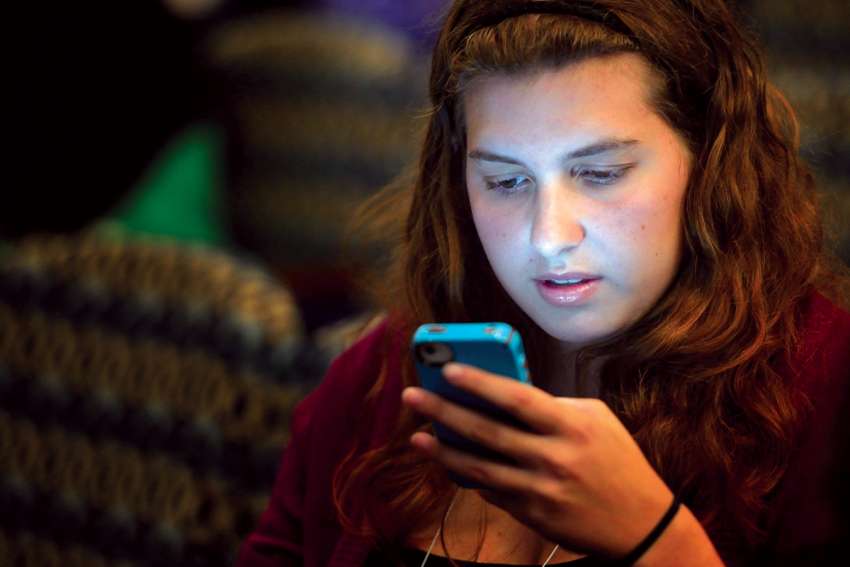Dr. Leonard Sax, physician and psychologist is taking on this challenging topic, writing books and giving workshops to youth directly (LeonardSax.com). One of his fantastic books—complete with action items-- is aptly titled: “The Collapse Of Parenting: How We Hurt Our Kids When We Treat Them Like Adults.” Dr. Sax also recommends a new book: “Anxious Generation: How the Great Rewiring of Childhood Is Causing an Epidemic of Mental Illness,” by fellow psychologist, Jonathan Haidt. “Rewiring” refers to the practically unlimited, unparented screen time young people are allowed to have. Parents feel it’s safer for their kid to be indoors on a screen than outdoors in the big, bad world where they might get hurt. The reality is the exact opposite. Children and youth need thousands of hours of unstructured play, outside, alone or with their peers. When children don’t get this as they grow up, they become sickly, fragile, developmentally delayed, physically uncoordinated, disengaged, isolated, depressed, less able to regulate their emotions, more prone to impulsivity and addictions, anxious.
In 2017, young women reported being on social media an average of 40 hours a week. In 2024, it’s all of their waking hours– not hyperbole. Three-quarters of teens today report feeling “happy” and “peaceful” when offline, and they’d like to unplug more but they “can’t,” because they’d be the only one doing it. We have to strengthen them in this desire. Universities complain they can’t get young men to engage in campus life because they prefer to be locked in dorms playing videogames and watching porn. One grand old institution of higher learning had to cancel its Spring Dance for the first time in over 100 years because boys wouldn’t sign up.
According to the latest data, here are some best practices:
· no smart phone till at least Grade 9
· no smart phones at all during school hours (many schools at all grade levels are finally instituting this—Hallelujah!)
· no social media until age 16
· parental monitoring/filtering apps must be on all the family’s devices (despite youth getting around them and buying burner phones). Consequences for infractions must be clear, serious, and followed through
· don’t anesthetize stressed or bored children with a screen, teaching them to self-medicate. Do the hard work of parenting: listening, redirecting, conversing with and engaging them in other activities—with you, if possible
· -if a child/youth is suffering from SAS (Screen Addiction Syndrome), professional help can be sought. The device will need to be removed for them to heal…and they can heal! Habits can be broken just as they can be formed.)
· give youth fun and interesting alternatives to media devices (including alternatives to video games)
Parents need to start with God’s advice, God’s “expertise” about good and evil, media, and raising youth. What could be better? (See: Psalm 101, Deuteronomy 6, Galatians 6:1-10.) Start by teaching and practicing the 10 Commandments and eight Beatitudes as a family. Put them on the walls of your home. Our young need to know that the virtual world is a real world inhabited by real people (including themselves) with real repercussions. We’re not allowed to sin against God, self or neighbour in cyberspace—it’s not a God-free, amoral zone.
Even if your young person is going to be a media guru/professional ”influencer”/graphic designer/programmer when they grow up, it doesn’t justify being online 24/7 now or then. Young people need to use their energy in the actual world, discovering their tastes and aptitudes, meeting new people, experiencing life, learning by trial and error, gaining knowledge, mastering new skills, trying, failing, succeeding, diving into hobbies, helping others.
One 17 year old who doesn’t use social media was interviewed by the news: “Is that because your parents won’t let you?” She answered: “No, it’s because I have a life.”
Sr. Helena Raphael Burns, fsp, is a Daughter of St. Paul. She holds a Masters in Media Literacy Education and studied screenwriting at UCLA. HellBurns.com Twitter: @srhelenaburns #medianuns


